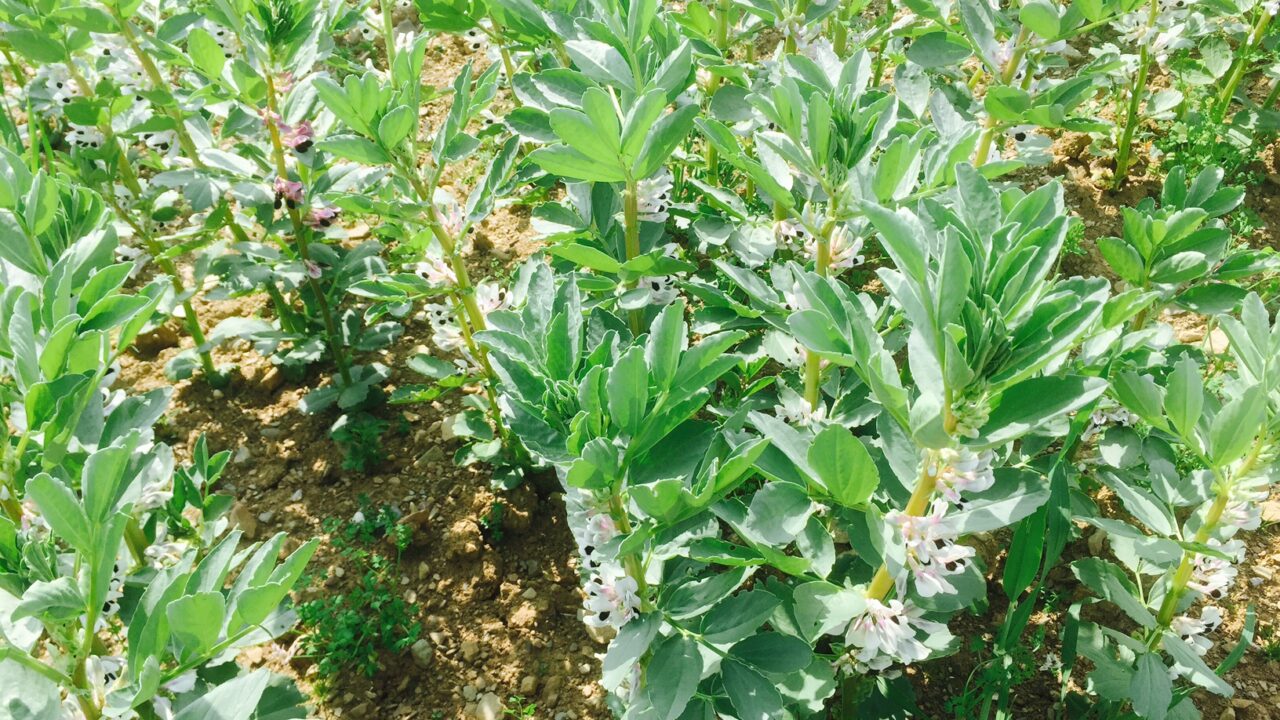An extensive series of international crop trials has confirmed that fertiliser use could be reduced with nature-based farming systems.
Analysis of 30 long-running farm experiments in Europe and Africa has shown that the high crop yields usually obtained using man-made fertilisers, can instead be achieved through a combination of more environmentally-friendly practices.
This is the first time a major study has compared different farm practices that intentionally work with nature to boost yields and explored how they interact with fertiliser use and tillage practices.
Fertiliser use
Published in the journal Nature Sustainability, the new report from Rothamsted Research, shows that low levels of fertiliser can produce high crop yields if supplemented by practices that support farmland ecosystems.
These include growing a greater range of crops, growing plants such as beans or clover that enhance soil fertility, and adding organic matter in the form of manure, compost, or cuttings.
In contrast, using these practices along with high levels of chemical fertiliser didn’t generally increase yields further.
The highest experimental yields came when using a combination of these ‘ecological intensification’ practices with some additional nitrogen.
The lead author said these findings show that adopting some, or all, of these approaches could help reduce and rebalance worldwide fertiliser use, a global imperative given spiralling prices caused by the war in Ukraine.
Dr. Chloe MacLaren added: “Reducing reliance on chemical fertilisers would help to buffer farmers and consumers against economic shocks, such as the current spike in fertiliser costs and consequent increase in food prices.
“Widespread uptake of these practices could also contribute to a more equitable global distribution of fertiliser. Currently, average nitrogen fertiliser rates in Africa are a small fraction of those in Europe, with smallholders in particular using much less than their fair share.
“If fertiliser use is reduced where it is currently high, then fertiliser use could be increased where it is currently low – addressing food security issues without exceeding planetary boundaries,” she added.
Impacts
It is widely acknowledged that the increased use of man-made fertiliser in the last 60 years has helped feed the rapidly expanding global population.
However, this has not come without a cost – water pollution, climate change emissions, and biodiversity loss are all partly attributable to excessive fertiliser use.
Ecological intensification is where natural, environmentally benign processes that can benefit farming, such as those that enhance soil fertility or suppress weeds and disease, are actively encouraged by farmers.
“Ecological intensification could help return agriculture into a ‘safe operating space’ for humanity,” said Dr. MacLaren.
“Our results demonstrate that it could play an important role in the development of future sustainable farming systems.”
Looking at their results, Dr. MacLaren and colleagues conclude these practices work in different ways to increase yields.
Growing legumes, such as beans and clover, adds nitrogen to soil. This is important when fertiliser levels are low.
Growing a greater range of crops over the year helps suppress weeds and diseases, which appeared to be increasingly important when higher rates of fertilisers were used.
Organic matter improves soil structure while also adding nitrogen, and manure was found to have a greater impact on yield than adding plant-based composts or cuttings, or leaving the remains of crops in place after harvesting.
